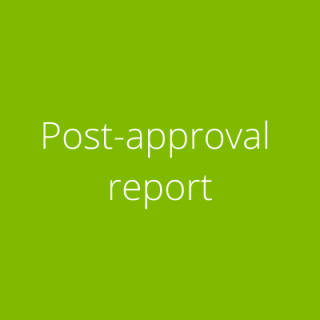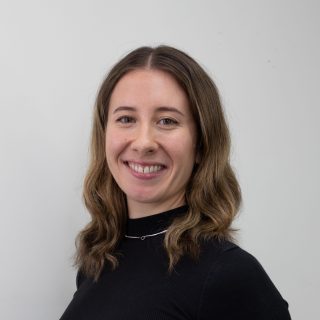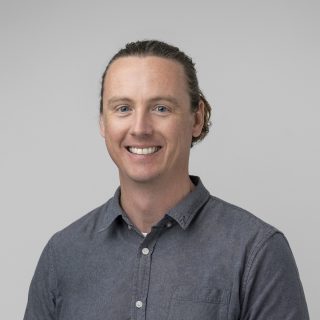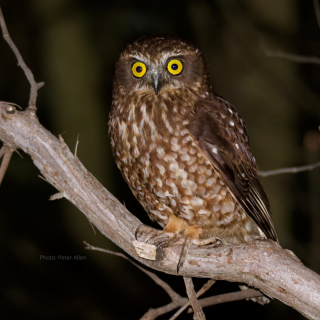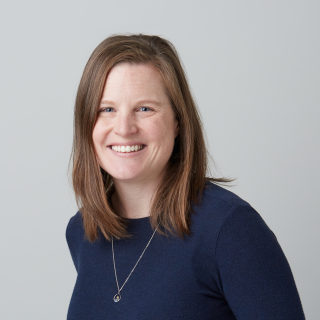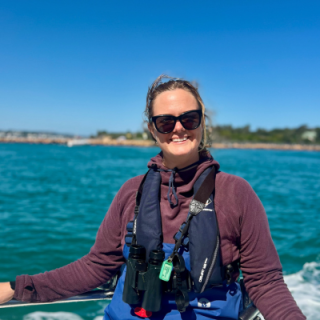Consultant Spotlight – Ian Smales
Get to know our people:
This week we sat down with Principal Zoologist, Ian Smales to find out more about his time at Biosis.
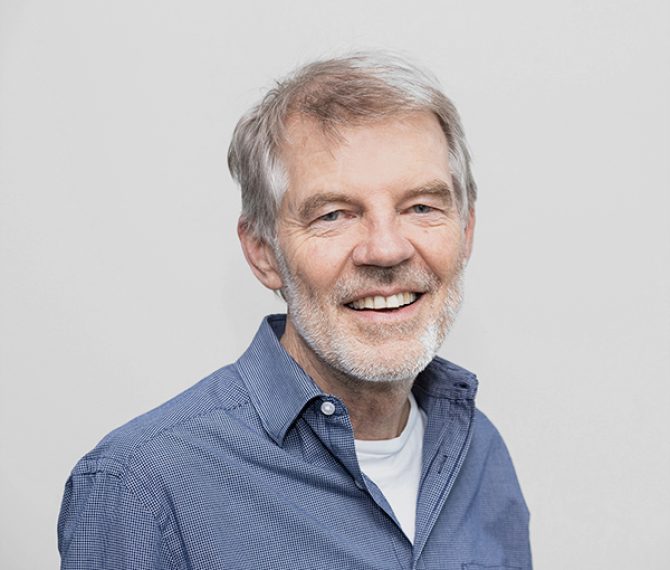
Tell us about your experience in Zoology:
I guess I began my career in zoology when I was born, because it’s always been there.
Seeing live baby freshwater turtles in a pet shop in suburban London when I was about 7 got me hooked, I still haven’t got them out of my system!
I landed a job with the Wildlife Management Branch of what was then the Fisheries and Wildlife Division in 1978. That led to more than 20 years of work concentrated on threatened birds. Biosis has given me another 20 years of zoology across virtually all environments in south-eastern Australia, and elsewhere. I would never have otherwise experienced such places.
The real joy is that the biology of animals is an infinite field and animals in nature keep on surprising us with new things to learn that we could never guess.
During your time at Biosis what is your biggest achievement or a project you worked on that you are most proud of?
There are too many, but a couple of highlights were fauna surveys in the mallee for the Nowingi projects and Wallpolla Island west of Mildura.
There’s also a deep satisfaction that has come from 20 years of involvement in wind energy and its effects on birds and bats. The progress has often been one step forward and (at least) one step back. However, looking back over this much time it is apparent that the industry and the science has advanced hugely – and Biosis has been at the forefront throughout.
A relatively early Biosis project was a week doing bird surveys for a wind energy project in Fiji.
Everyone thought I’d had a great holiday, but the mountainous terrain, humidity and dense vegetation made it one of the most challenging weeks of my life – not to mention the insistence of my Fijian hosts of the kava drinking ceremony every afternoon!
One of your interest/specialty areas is freshwater turtles: What is about them that you find most interesting ?
The aspect that interests me most is that freshwater turtles are so overlooked, we know so little about them so we continue to be surprised by them
Fish surveys generally don’t detect turtles and terrestrial fauna surveys don’t look for them. But they are incredibly enduring. They have shells, they can live longer than people and have been here for nearly 300 million years.
Only ten years ago it was first discovered (accidentally and otherwise completely unthought of) that they have a huge vocal range and talk to each other underwater.
Do you have any advice for people just starting out in Zoology or that you wish you knew 20 years ago?
When I was 15 a dear friend, now in his late 80s, told me:
we know so little about Australian fauna that if you concentrate your focus, you can quickly become an ‘expert’ on whatever species or group you’re interested in. The beauty about that advice, is that if you do a bit of that you also inevitably pick up lots of information about multiple interesting other species – and zoology generally.
So, my advice is to spend a bit of time concentrated on whatever animal interests you – and it’ll stand you in great stead.
And a key to consulting is to remember that without the advice of environmental consultants who really know their stuff, the outcomes for the natural environment would be far poorer than they are.

